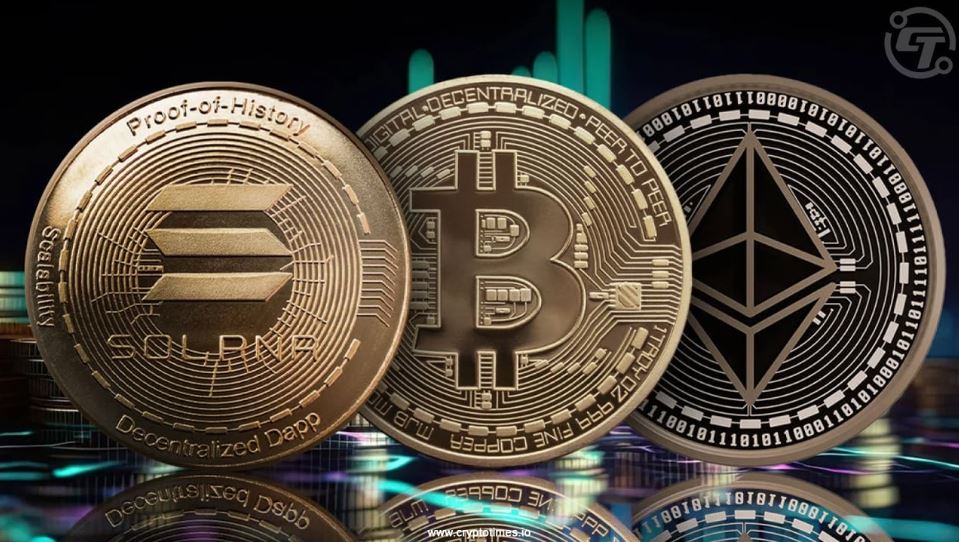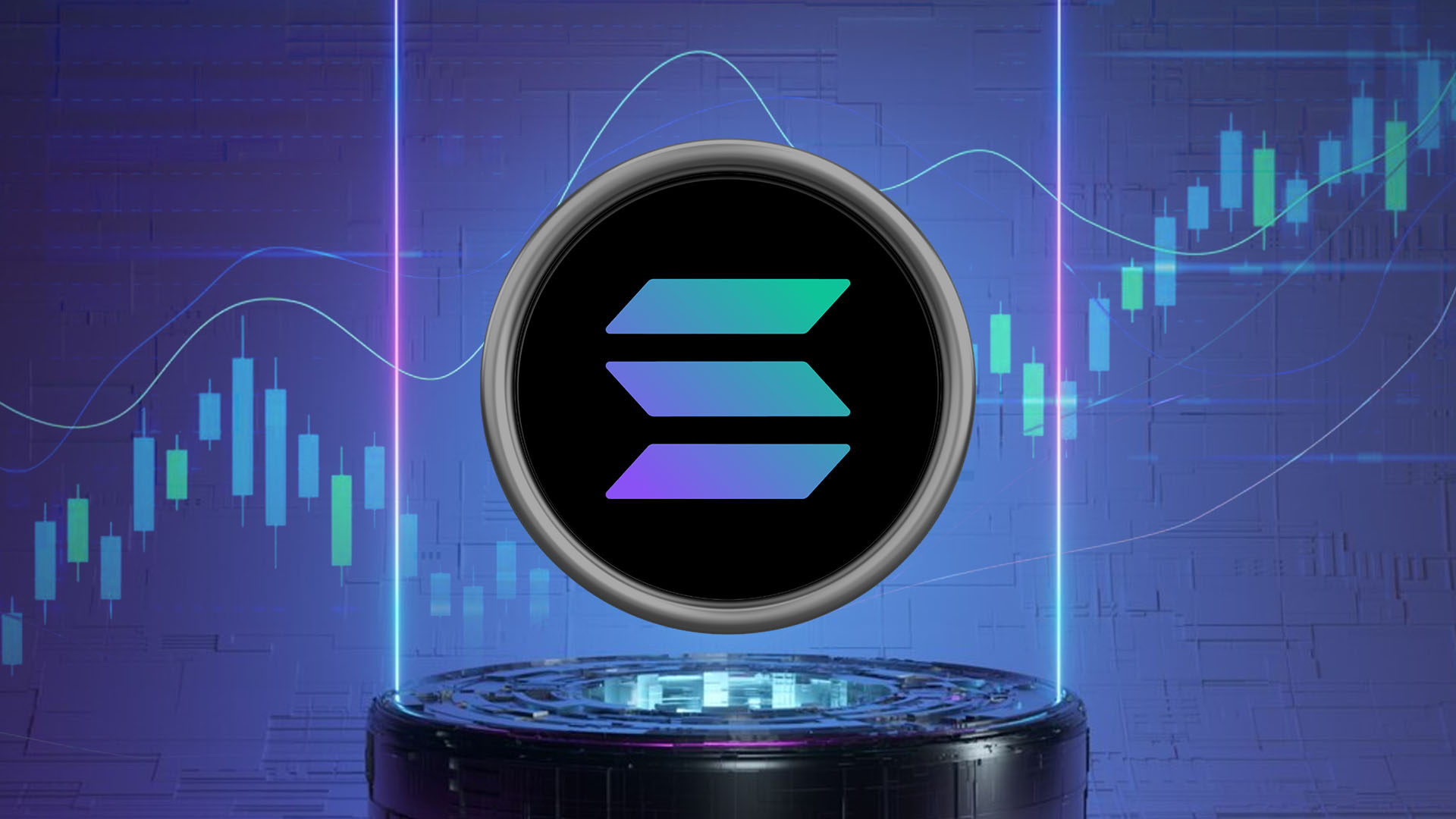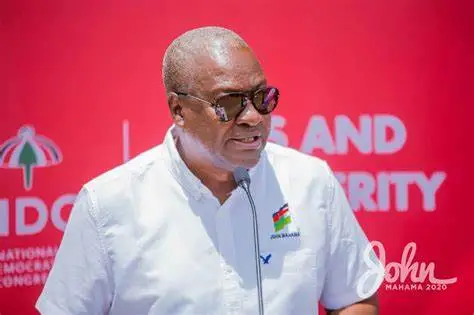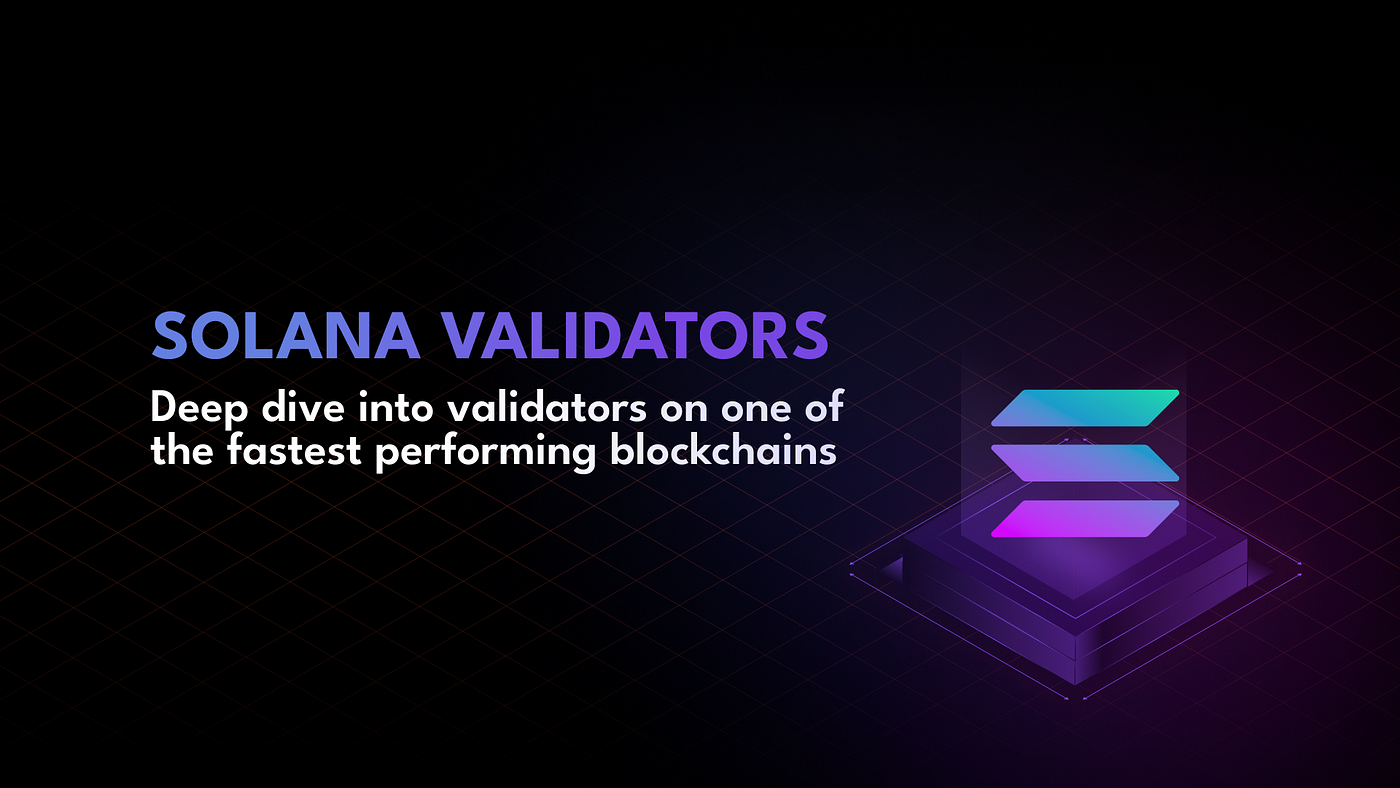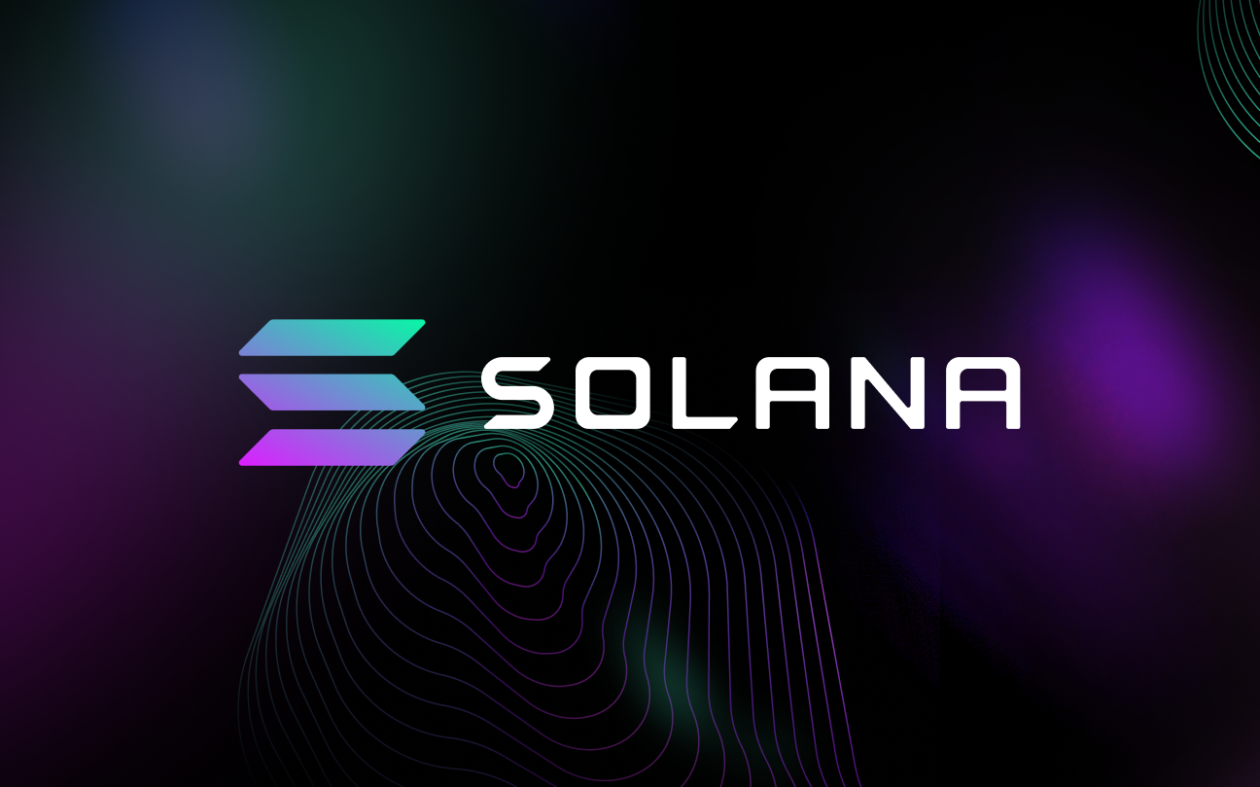On April 4, PayPal Holdings, the global payments giant, disclosed that it is expanding its cryptocurrency offerings by adding Chainlink (LINK) and Solana (SOL) to its platform, as well as its subsidiary Venmo.
According to the company, the development will allow users in the U.S. to buy, hold, sell, and transfer these digital assets directly within their PayPal and Venmo accounts.
Read also: U.S. sees first Solana futures ETFs, marking crypto breakthrough
Providing greater flexibility and choice
“Since we initially made cryptocurrencies available on PayPal and Venmo, we’ve been listening to our users about what they want to do with crypto on our platforms,” stated May Zabaneh, Vice President of Product, Blockchain, Crypto, and Digital Currencies at PayPal. “One piece of feedback we’ve heard is to make additional tokens available that align with our mission of revolutionising payments.”
The integration of Chainlink and Solana reflects PayPal’s commitment to meeting user demand and fostering greater accessibility to the cryptocurrency market.
“Offering more tokens on PayPal and Venmo provides users with greater flexibility, choice, and access to digital currencies,” Zabaneh explained. “This allows for more options to buy, send or spend within our trusted PayPal and Venmo wallets.”
Chainlink is recognised as a leading platform for data, computing, and cross-chain interoperability, enabling the development of more advanced blockchain applications. Solana, on the other hand, is a prominent blockchain known for its high speed and scalability, supporting a wide array of decentralised applications and crypto projects. Users can utilise SOL to engage in decentralised finance, make payments, participate in games, and contribute to community-run infrastructure networks.
Read also: Solana marks 5th anniversary, reaching over 400 billion transactions since launch
Gradual rollout over the coming weeks
With the latest update, PayPal and Venmo users can anticipate the availability of LINK and SOL for purchase within the next few weeks. The company plans a gradual rollout to ensure a smooth and seamless integration of these new cryptocurrencies into its existing services. This expansion brings the number of cryptocurrencies available on PayPal’s US platform to seven, including its stablecoin, PayPal USD (PYUSD).
PayPal’s venture into the cryptocurrency market has been marked by a strategic approach to providing a secure and user-friendly environment for digital asset management.
Therefore, adding Chainlink and Solana underscores the company’s dedication to staying at the forefront of the evolving digital currency system and catering to the growing interest in various crypto assets.

